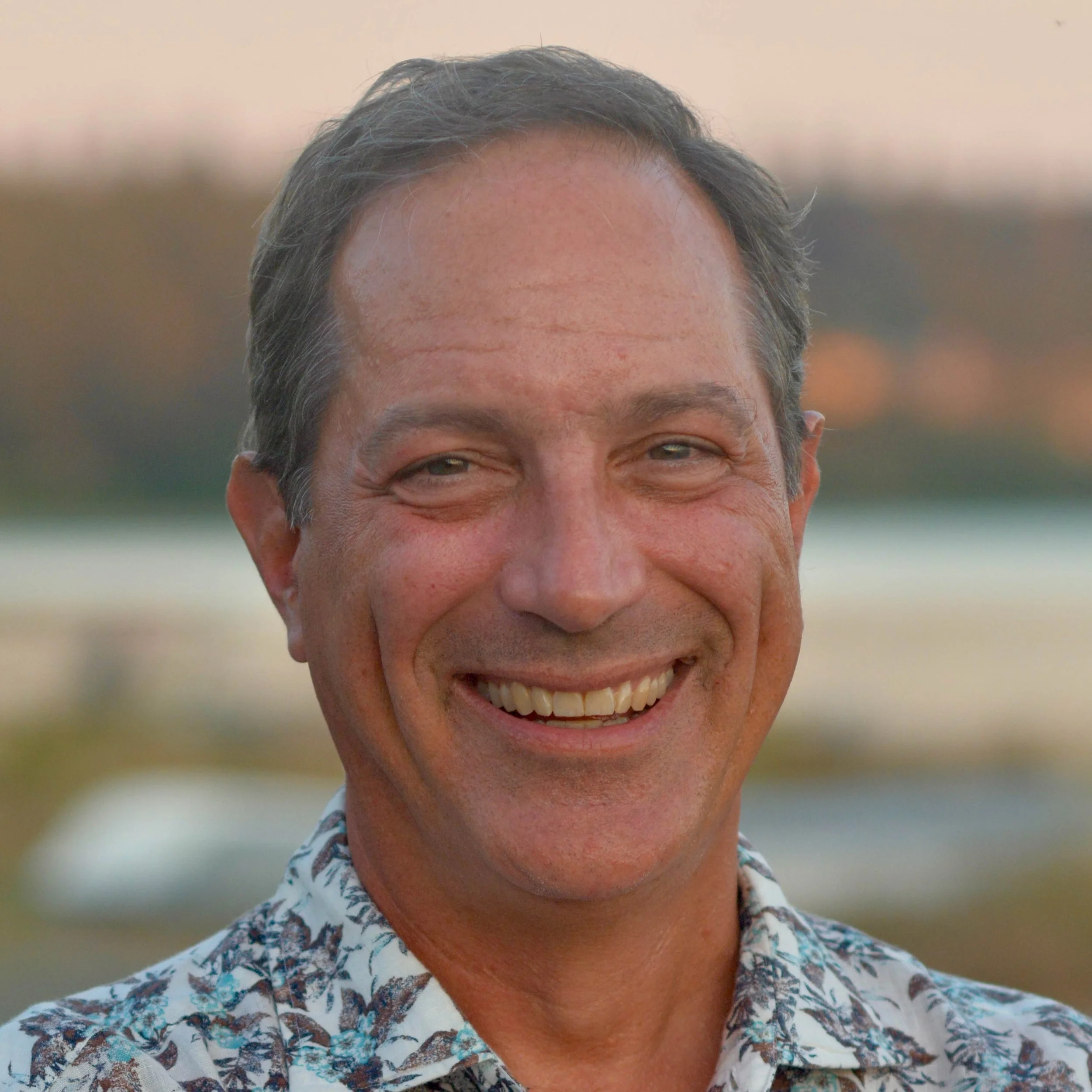Rob Verchick is one of the nation’s leading scholars in disaster and climate change law and a former EPA official in the Obama administration. He holds the Gauthier-St. Martin Eminent Scholar Chair in Environmental Law at Loyola University New Orleans. Professor Verchick is also a Senior Fellow in Disaster Resilience at Tulane University and the President of the Center for Progressive Reform, a research and advocacy organization that advocates for solutions to our most pressing societal challenges. He is the author of numerous articles and books, including The Octopus in the Parking Garage. A Call for Climate Resilience.
THE CREATIVE PROCESS · ONE PLANET PODCAST
Through your books, teaching, and your podcasts, I know you believe in the importance of telling stories. For you, what's the importance of telling stories in the environmental humanities.
ROB VERCHICK
I was an English major in college. But here's the thing. I believe that the strongest machine we have, the strongest empathy machine that we have is literature. The best way to get people to feel what someone else is feeling is through literature and stories. And I also think that feeling and emotion are an important part of reasoning and governing too. It's not the only part, but I think you have to understand how people see the world and how they feel about the world. So in my classes, I teach law classes. I teach policy classes. I often assign novels. We read in one of my classes Their Eyes Were Watching God, the case about a hypothetical hurricane in Florida written by Zora Neale Hurston. We read Oryx and Crake by Margaret Atwood, which is a kind of dystopian novel that involves climate change. We've read The Handmaid's Tale in my classes. But I think what these books do is they, number one, certain books that are speculative, like Margaret Atwood's work, Joyce Carol Oates has written some things like this too. What's interesting about them is that they make us, they open up our imaginations and say, Oh, I never thought something like that could happen. We hope it doesn't, but it could, right? And so how do we change the way we look at the future? And it also changes, I think, the way that we understand people's lives.
So even in a book like Their Eyes Were Watching God, which takes place in the early 20th century, and obviously involves race issues and a whole lot of other things. It leads us to think and see the world through a young black woman's perspective in the early 20th century. And there's something about that exercise of being able to some extent put yourself in the shoes of somebody else that I think is really important for governance. I think it's really important for policy. I think it's really important for advocates of any kind because listening and trying to understand what another person is perceiving...You can never do it completely, obviously, but I think it is really one of the most important parts of collective action of working with other people.
THE CREATIVE PROCESS · ONE PLANET PODCAST
We feel stronger when we're not alone.
VERCHICK
That's a really good point.
THE CREATIVE PROCESS · ONE PLANET PODCAST
There are all these other voices and people behind us. And you mentioned machines. When you think about the future, AI, and the new technologies, how could they help accelerate the transition?
VERCHICK
Well, there are good stories and bad stories. So the good stories are, Oh my gosh, renewable energy is just a wonderful technology story with solar panels getting as cheap as almost anything. Wind turbine technology. We're working on offshore wind farm planning in the Gulf right now, and we're going to build wind turbines that can survive hurricanes. So there's a lot of technology going on in energy storage that involves batteries. And I'm hoping that at some point we're going to get to batteries that don't use things like lithium so much, so that we don't have to be involved so much in the mining of those kinds of things.
There's a lot of really interesting technology going on with using natural landscapes to protect against flooding and storms. So we have a coastal restoration effort in Louisiana, one of the largest in the world. And what we're experimenting with is diverting water from the Mississippi River to replenish sediment and grow new wetlands on our tattered shores. And that's technology, too. I mean, we've got some of the best engineering firms in the world down here, and NASA trying to figure out exactly how to do that. And if we can do it, we'll export that technology all over the place and help rebuild coastlines. So those are some really bright spots in terms of the technology that I see.
This interview was conducted by Mia Funk and Melody Garza with the participation of collaborating universities and students. Associate Interviews Producers on this episode were Katie Foster and Melody Garza. The Creative Process & One Planet Podcast is produced by Mia Funk. Additional production support by Sophie Garnier.
Mia Funk is an artist, interviewer and founder of The Creative Process & One Planet Podcast (Conversations about Climate Change & Environmental Solutions).















































































